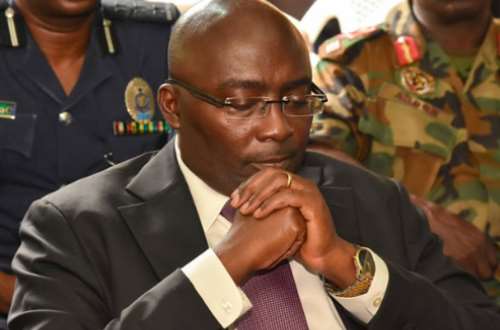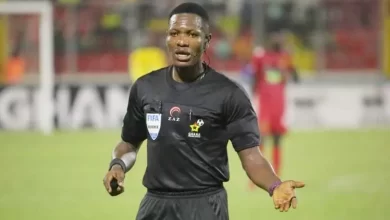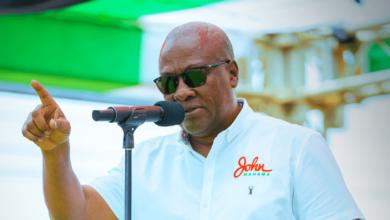The New Patriotic Party (NPP) made a significant misjudgment by positioning Dr. Mahamudu Bawumia at the forefront of their political strategy. His recent press conference was a major setback, highlighting his apparent lack of competence and casting a shadow over the party’s future prospects.
Dr. Bawumia’s political trajectory since 2016 has been marked by promises that were often deceptive and misleading. The current political scrutiny is revealing these promises under a harsh light, focusing on trust and transparency.
Ghana consistently ranks among the top three African countries for freedom of speech and press. However, President Akufo-Addo’s second term has been fraught with challenges. The success of his administration will hinge on achieving debt sustainability and negotiating a restructuring of external debt under the IMF program.
Following the macroeconomic crises of 2022, Ghana experienced some improvements in its economic conditions throughout 2023. Nevertheless, persistent challenges remain, including high inflation, subdued growth, and significant pressure on public finances and debt sustainability.
The country has faced severe external shocks that exacerbated existing fiscal and debt vulnerabilities. This has led to limited access to international markets, constrained domestic financing options, and increased reliance on monetary measures to support government expenditures.
Dr. Bawumia’s efforts to address Ghana’s debt distress and unsustainable public debt are ongoing. The government has embarked on a comprehensive debt restructuring program, significant fiscal consolidation, and reforms aimed at economic stability and resilience. These efforts are supported by an Extended Credit Facility (ECF) program from the IMF, amounting to approximately $3 billion.
The crisis has impacted economic growth, which slowed to an estimated 2.9% in 2023 and is expected to remain weak in 2024. Restoring growth to its potential rate of 5% will require achieving macroeconomic stability.
Long-term growth will depend on structural reforms to boost private sector development and attract foreign direct investment (FDI). Key reforms include enhancing the insolvency regime, improving access to finance, addressing challenges in the energy sector, and refining the legal and regulatory environment for investors. Accelerating digitalization and leveraging the Africa Continental Free Trade Agreement (AfCFTA) through global value chain integration will also be crucial.
Despite fiscal consolidation efforts, with a projected deficit of 4.6% of GDP by the end of 2023, down from 10.7% in 2022, challenges remain. Revenues and grants in 2023 were comparable to 2022 levels, despite lower oil revenues.
Year-on-year inflation decreased from 53.4% in January 2023 to 23.2% in December 2023, due to more stable exchange rates and monetary policy measures. However, inflation deceleration has stalled in early 2024 due to the impact of currency depreciation on imported goods, while food inflation has only marginally decreased.
The macroeconomic crisis has worsened poverty levels and living standards. The “international poverty” rate is estimated at 31.4% in 2023, representing a 4 percentage point increase from 2022.
Outlook:
Growth is expected to remain weak in 2024 at 2.8% due to ongoing fiscal consolidation, high inflation rates, elevated interest rates, and macroeconomic uncertainties. Private consumption and investment are projected to be limited, affecting non-extractive sector growth.
However, growth is expected to gradually rebound to its long-term potential of approximately 5% by 2026 as conditions stabilize. The fiscal deficit is projected to decline further to 5% of GDP in 2024, aided by fiscal consolidation reforms and external debt restructuring. By 2026, the authorities anticipate generating a primary surplus of 1.6% of GDP, reflecting a fiscal adjustment of over 4 percentage points between 2023 and 2026. Poverty levels are expected to remain largely unchanged between 2024 and 2025, with gradual improvements expected by 2026.
Given the current state of economic mismanagement and ineffective leadership under Dr. Bawumia, it is imperative that any “upgrade” in his role be accompanied by tangible results rather than unfulfilled promises. As Ghanaians head to the polls in December, the expected “upgrade” might well be a transition to opposition, reflecting a need for more effective governance and leadership.
Story by: Alexander Kukah





